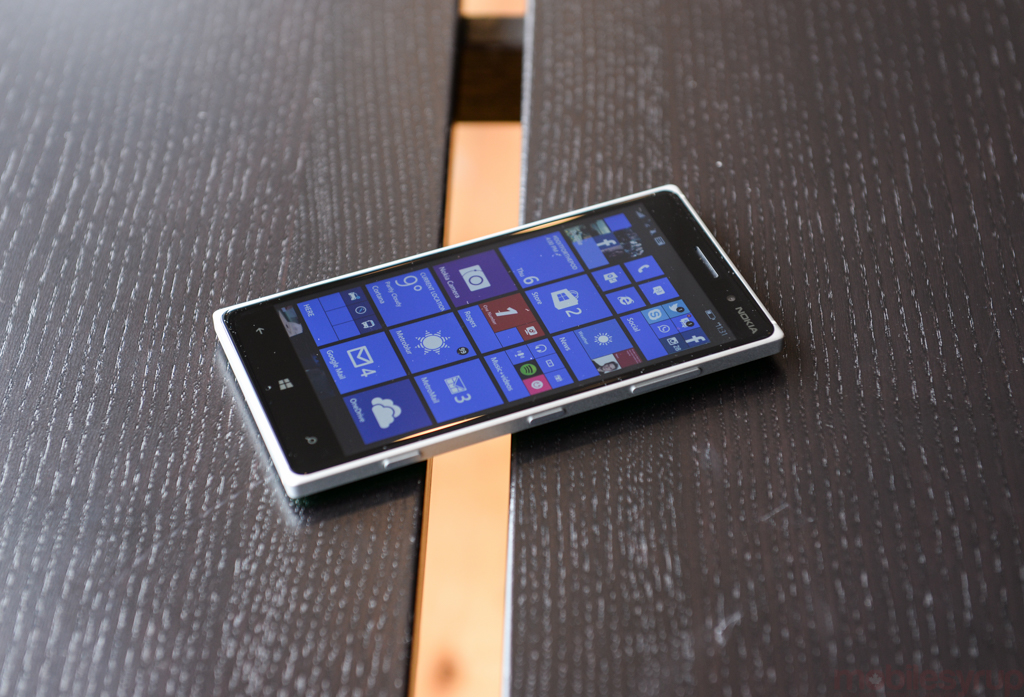
While we focus on the future of Windows Phone and when Redmond might launch its next flagship Lumia, the folks at Microsoft Research are concentrating on other aspects of Microsoft’s mobile future. In a recently published paper, researchers at the company have explained a new wireless charging system that eliminates the need for cables or charging pads.
Microsoft researchers Yunxin Liu, Zhen Qin and Chunshui Zhao set out to try to figure out a way to remedy the burdensome routine of charging your smartphone using traditional charging methods. The goal was to remove the need for any action on the part of the user. This was achieved using a new system called AutoCharge that sees your phone charged automatically when you set it down on your desk.
If you think this sounds similar to current implementations of wireless charging, you’re not wrong. However, Microsoft Research argues that the act of having to think about when to charge your phone, monitor your battery, and then place your phone in a specific spot to charge it still represents a mental burden. Enter AutoCharge, a system that uses image recognition and solar charging to identify your smartphone and initiate charging.
“The AutoCharge approach automatically locates a smartphone on a desk and charges it in a transparent matter from the user,” the paper’s abstract reads. “This is achieved by two techniques. First, we leverage solar charging technique but use it in indoor spaces, to remotely charge a smartphone using a light beam without a wire. Second, we employ an image-processing based technique to detect and track smartphones on a desk for automatic smartphone charging. As a result, AutoCharge is able to largely reduce users’ efforts in smartphone charging and significantly improve the user experience.”
In order to create a successful AutoCharge prototype, Microsoft’s team had to work around the limitations of solar charging, which is best suited for outdoors due to the scattering of light when indoors. So the “charger” in this case is a light with a straight beam and minimal scattering. It’s equipped with a camera that monitors the desk for phones. Once it recognizes a compatible phone with low battery on the desk, it will initiate charging. It’s also fixed with a rotating motor for adjustment of the beam once it locates the phone.
The team of researchers at Microsoft successfully designed and implemented a prototype auto charge system and found that the stem could detect a smartphone in less than a second and was able to charge a phone in about 2.5 hours.
As exciting and convenient as this may seem, for AutoCharge to enjoy any kind of widespread implementation, OEMs would need to incorporate solar panels into their phones, which likely won’t happen for a few years. Still, it’s awesome to know that this kind of charging is even possible.
[source]Microsoft Research[/source][via]WMPowerUser[/via]
MobileSyrup may earn a commission from purchases made via our links, which helps fund the journalism we provide free on our website. These links do not influence our editorial content. Support us here.


